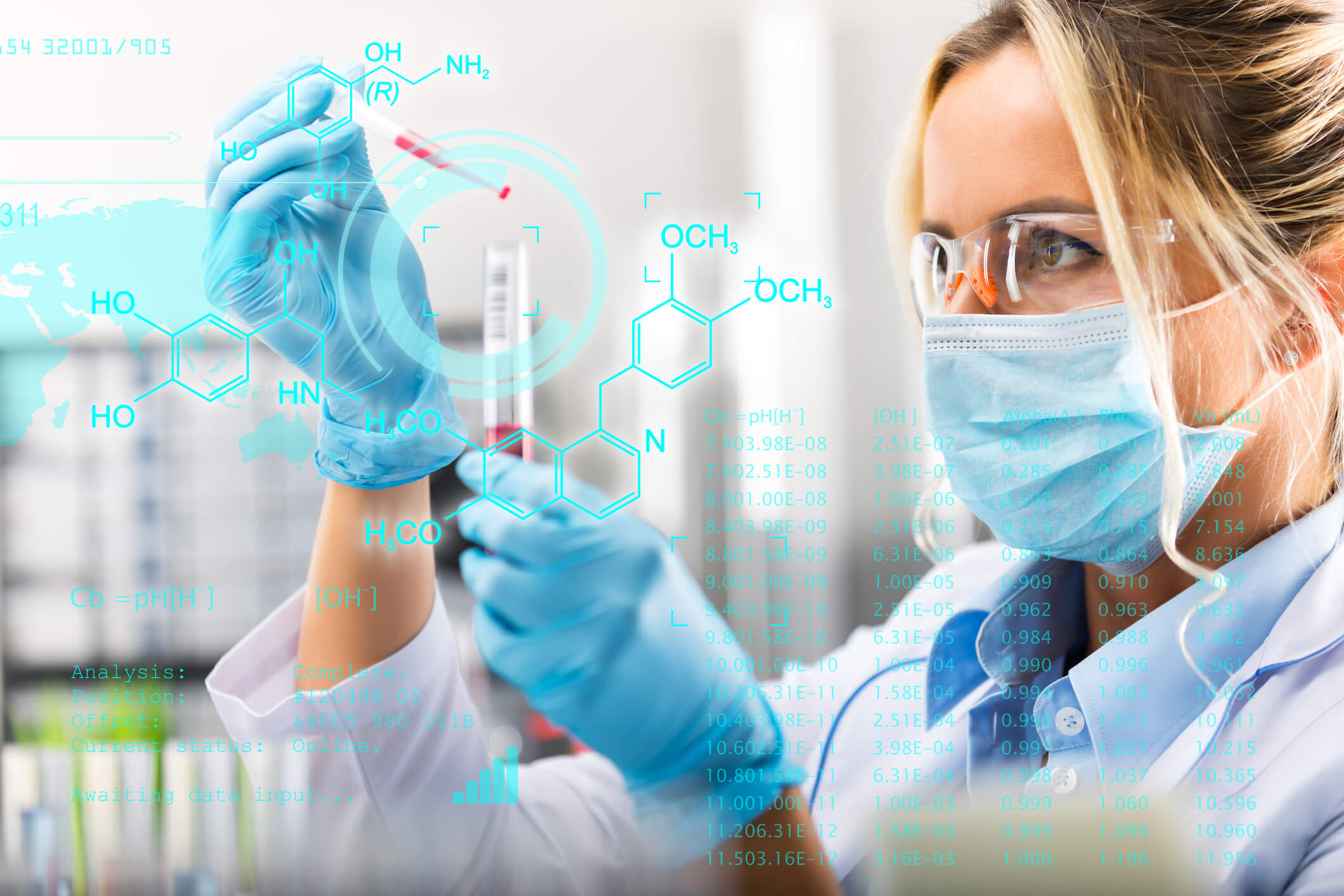Unit Operations of Chemical Engineering and Biotechnology
Overall Course Objectives
The aim of the course is to give an introduction to chemical engineering concepts that are used in the chemical, biotechnological, and the pharmaceutical industry. This introductory course will make the student able to calculate energy transfer in systems with pumps and in pipes.
Understand the fundamental principles behind a number of important types of chemical process equipment, and to get a general knowledge of such equipment.
Make quantitative calculations to design process equipment, and to predict performance and capacity of existing equipment when operating conditions are changed.
Get a better understanding of the basic features for a number of important chemical engineering operations through experimental exercises.
Learning Objectives
- describe the operating principles of certain types of process equipment
- explain how process equipment relies on fundamental physical and thermodynamic laws
- perform pilot scale experiments in order to apply the teory of the course
- calculate material and energy balances of process equipment
- suggest suitable types of process equipment for a given task
- estimate quantitative dimensions of process equipment
- conclude on the suitability of process equipment for a certain task
- dissiminate results of group work by reporting and oral presentation
Course Content
Absorption- and destillation columns, evaporation, humidity, drying, extraction, liquid- and gas flow including pressure loss, pumps, filtration, stirring, sedimentation, heat transfer, and heat exchange. The teaching activities involve i.a. practical examples within energy optimization, energy storage and pollution control that are of relevance for the transition to a more sustainable chemical industry.
Recommended prerequisites
(28016, 28322 concurrent)
Teaching Method
Classroom lectures, written project, lab exercises, plant visits
Faculty
Remarks
This is the project assigned course at the 3. semester. A 4 hour written exam takes place after completion of the 13-weeks period. In the 3-weeks period a theoretical project and a lab. exercise are conducted. The 3-week period ends with oral examinations in the theoretical and experimental parts of the work.




